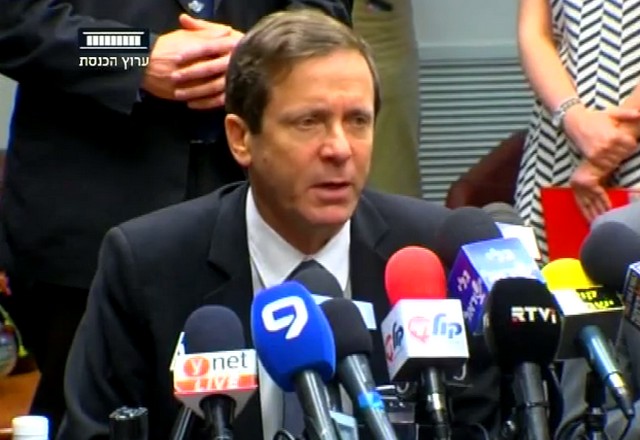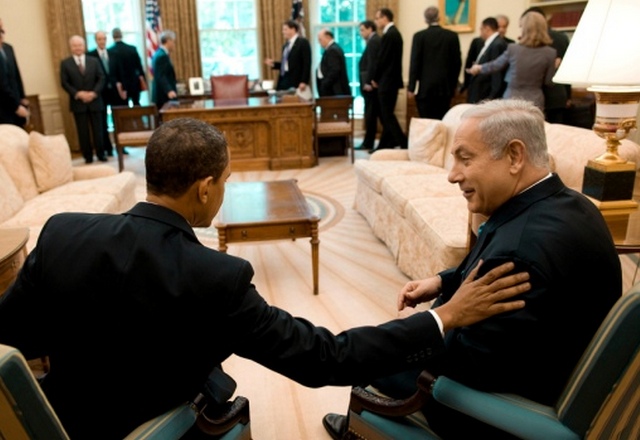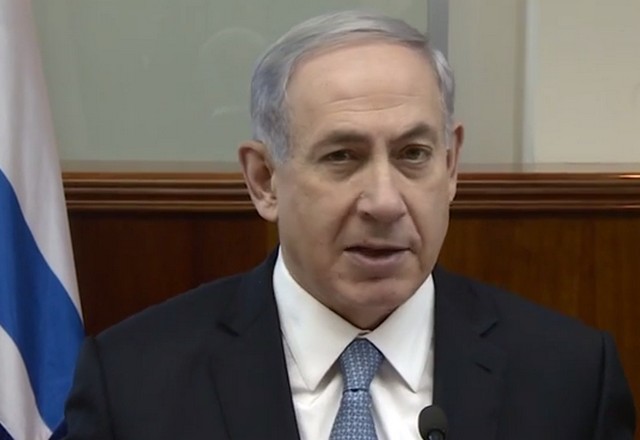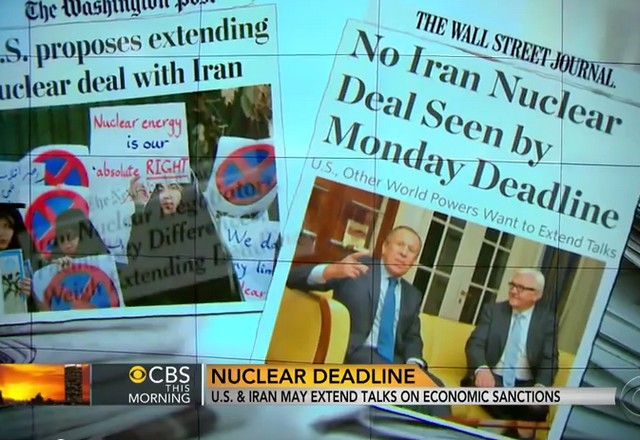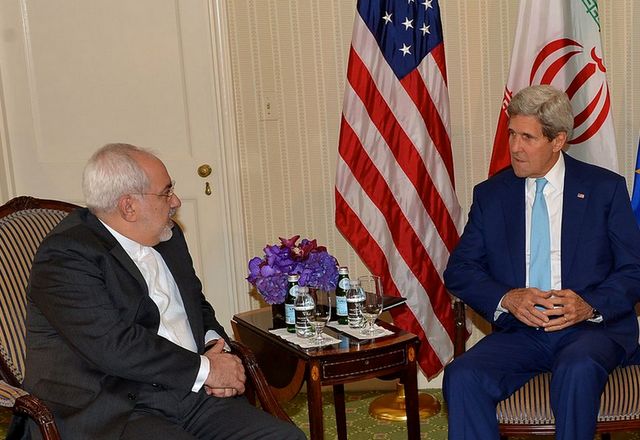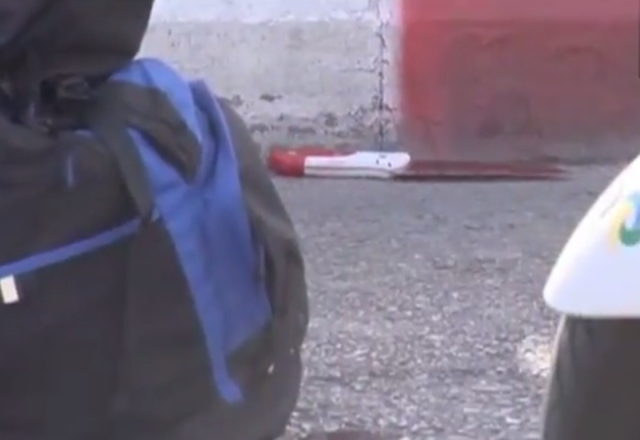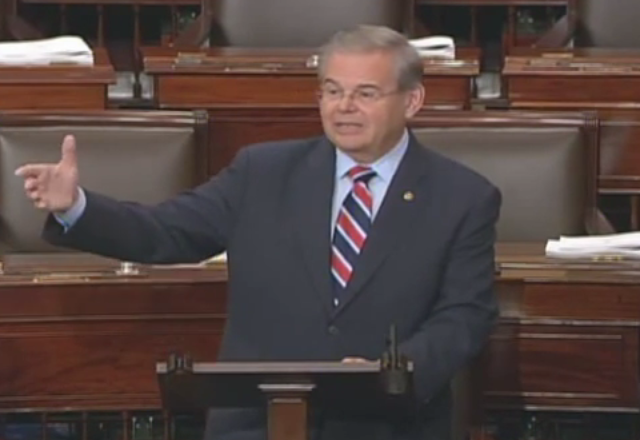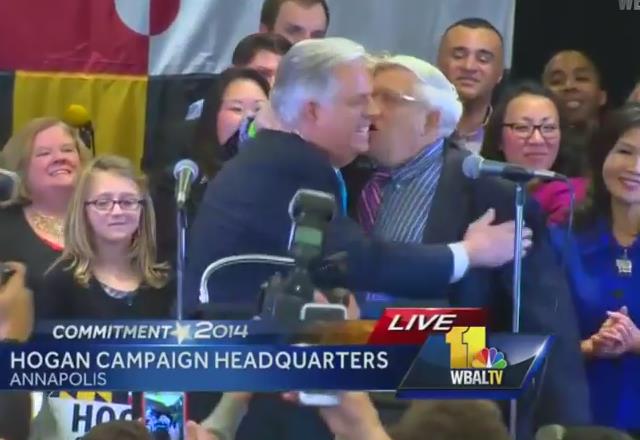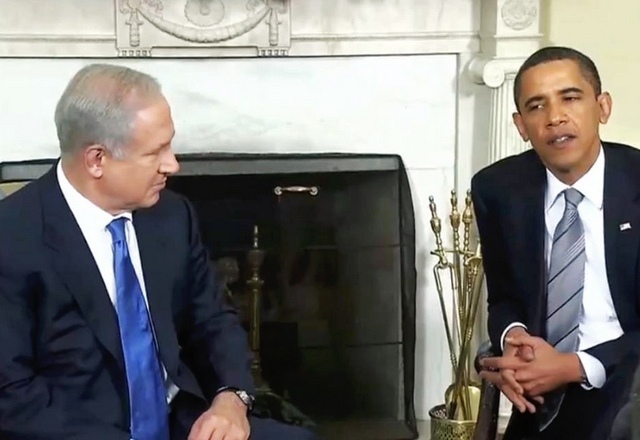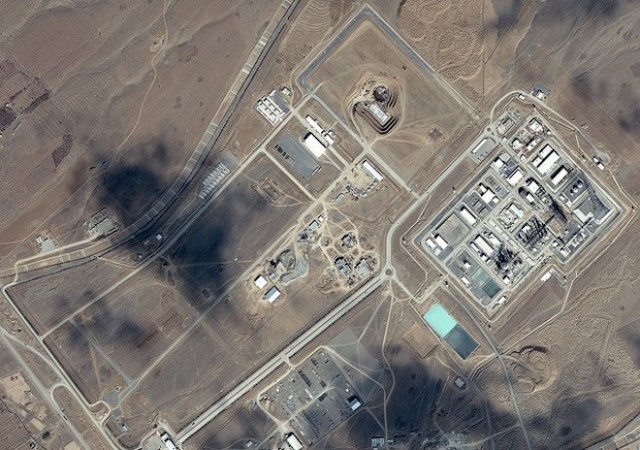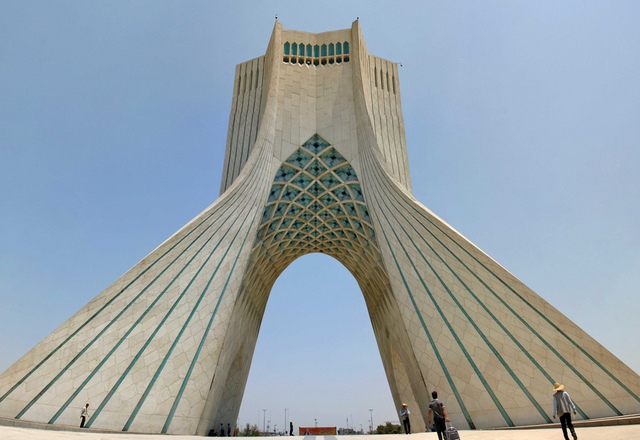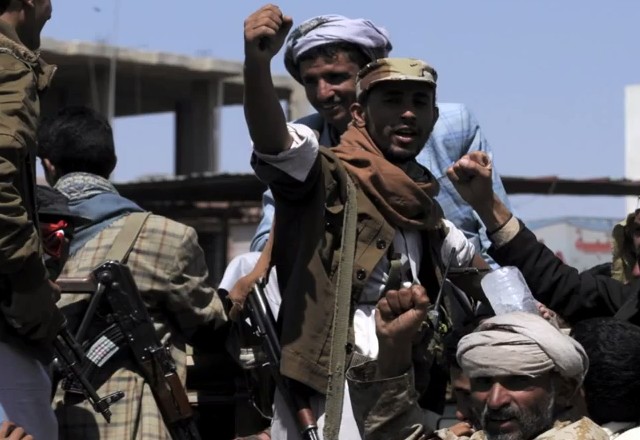Will the New Center-Left Coalition Unseat Netanyahu?
on December 15, 2014
11 Comments
Following the dissolution of the Israeli government this week, Labor Party leader Isaac Herzog and Hatnua leader Tzipi Livni agreed to join forces in an effort to unseat Likud as the governing party.
At The Times of Israel Haviv Rettig Gur wrote a positive analysis of the merger, arguing that in bringing Livni on board Herzog aimed to capture the center of the Israeli electorate, rather than ceding it to Likud.
Yet Israel’s political center is actually far larger than the parties who formally declare themselves to be “centrist.” On the key issue that defines the left-right axis, Palestinian statehood, polls have shown that as many as half of those who vote for the explicitly right-wing parties Likud, Yisrael Beytenu and even Jewish Home actually support Palestinian statehood. Countless polls suggest that Israeli centrists – usually defined by pundits as those who support Palestinian independence while distrusting Palestinian willingness to reciprocate with peace – vote for the right because they hear their skepticism reflected in the rhetoric of right-wing leaders. For 20 years, Herzog’s predecessors – Labor has seen 11 leadership changes in 22 years – have been fighting a losing battle against this vast, inchoate center. But on Wednesday night, Herzog launched the left’s most dramatic bid since the 1990s for the Israeli center’s trust.Herzog, according to Gur, no longer talks about "peace and reconciliation" but of "separation." There are two assumptions to Gur's analysis here that I'm skeptical about.

